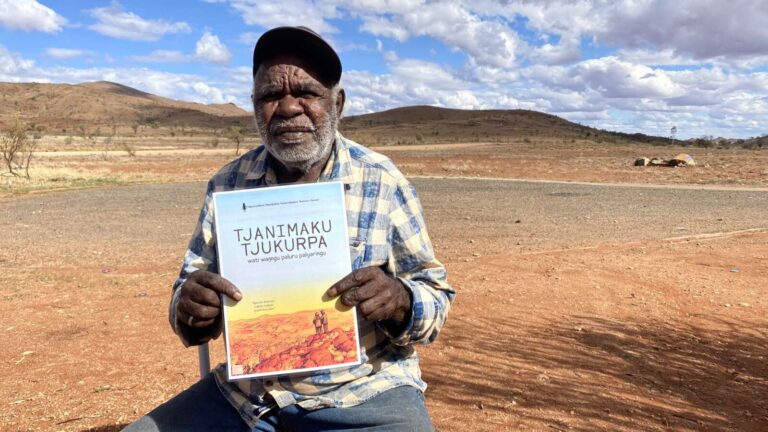Content warning: This article discusses domestic and family violence, which may be a distressing topic for some readers. If you or someone you know is impacted by domestic, family or sexual violence, you can access support through Kids Helpline on 1800 55 1800 or 1800RESPECT on 1800 55 1800.

On Wednesday last week, people came together across the country through candlelight vigils, to mark Domestic Violence Remembrance Day.
This sombre event – which is in place to honour and remember those who have lost their life to domestic and family violence – is an integral part of Domestic and Family Violence Prevention Month, which occurs in May each year.
Domestic and family violence is an issue that any person in our community may encounter, regardless of age, gender, postcode, income or other personal circumstances. While it may touch the life of any person, it is important to remember that the impacts and consequences are especially pronounced for children and young people – whether they are subject to, witness or lose family to this kind of violence.
The impacts for children can include lifelong physical and psychological health issues, disrupted attachment and social relationships, and diminishing their sense of safety, wellbeing and overall development. Contemporary research shows a strong statistical correlation between growing up in households where domestic and family violence is present, and coming into care or contact with police.
When our child protection and youth justice systems fail to recognise and prioritise healing for the impacts of that trauma, those systems risk re-traumatising children and young people, and exacerbating the adverse health and wellbeing impacts of that trauma. As they grow, young people may be at risk of repeating those cycles of violence in their own lives and adult relationships.
This May, it is imperative that we all stand up and speak out – to raise awareness and work towards addressing both the underlying causes, and effects, of domestic and family violence. In reflecting on the work ahead of us in this space, Guardian for Children and Young People, Shona Reid, said:
“As we move forward, I am committed to continually deepening our understanding of the experiences and past trauma that so many children and young people in care and detention have faced. We owe it to them to have hard conversations about the impacts of domestic family violence upon their lives, and keep striving to find ways to better prevent violence and help them heal.
As the adults in the room, we need to be intentional about our work to bring our whole community on board in this goal – whether that be as family members, carers, advocates, role models and service providers.
On this topic, I would like to express my strong support for the government’s investment in the upcoming Royal Commission into Domestic, Family and Sexual Violence, led by Natasha Stott Despoja AO. The process of hearing from victims and survivors of domestic and family violence – especially children and young people – is hard for all of us, but so very important.”
Spotlight on domestic violence prevention advocacy: The work of David Miller

At the Guardian’s office, we understand the vital role of celebrating strong advocacy to prevent domestic and family violence.
In that spirit, we would like to take a moment to acknowledge the work of Senior Pitjantjatjara man David Miller, following his recent retirement from Ngaanyatjarra Pitjantjatjara Yankunytjatjara Women’s Council’s (NPYWC) Uti Kulintjaku initiative.
David Miller’s work at NPYWC has made a valuable contribution towards combatting violence against women, as well as promoting the mental health of young men in remote communities.
One of his many achievements is his contribution towards the establishment of the Uti Kulintjaku initiative, a part of the Ngangkari Program. Uti Kulintjaku is an award-winning initiative of the Ngangkari Program that supports mental health understanding. Led by Ngangkari and senior Anangu, Uti Kulintjaku encourages deeper conversations about mental health and healing for Anangu and people working in Aboriginal health and related services. Uti kulintjaku means to listen, think and understand clearly.
We would like to pay a special mention to the important resources David Miller has contributed to, including:
- working collaboratively to develop Tjanimaku Tjukurpa, a book about healing for young men, their families and communities – and for anyone seeking to better understand mental health, trauma and healing
- featuring in Atunymanama to share his story, in his own words and language, about what it means to care for his family and community, and what it takes to nurture strong, caring young men and women.
To read more about David Miller’s work and story, you can check out NPYWC’s news article here.
